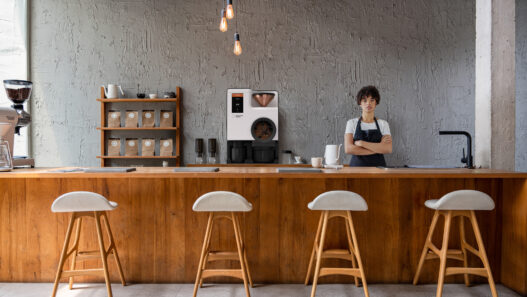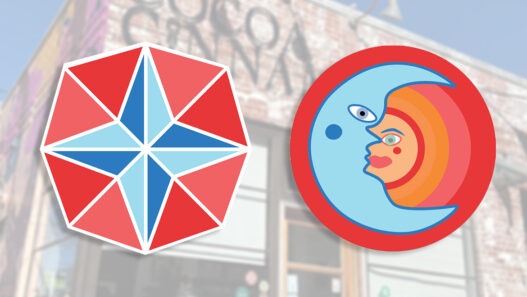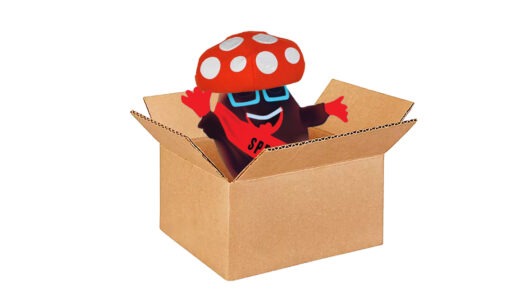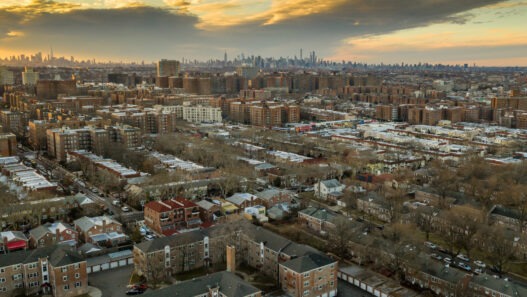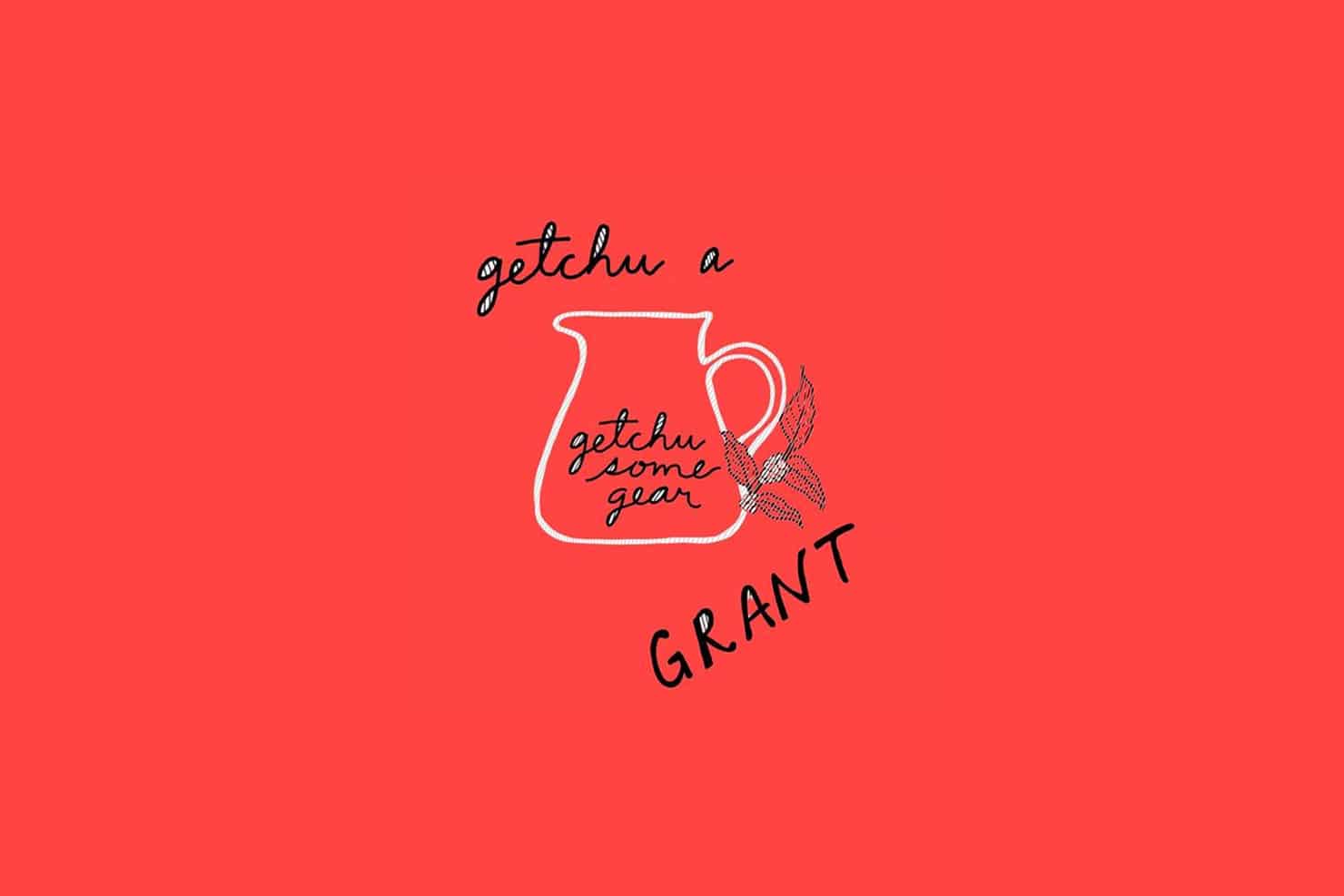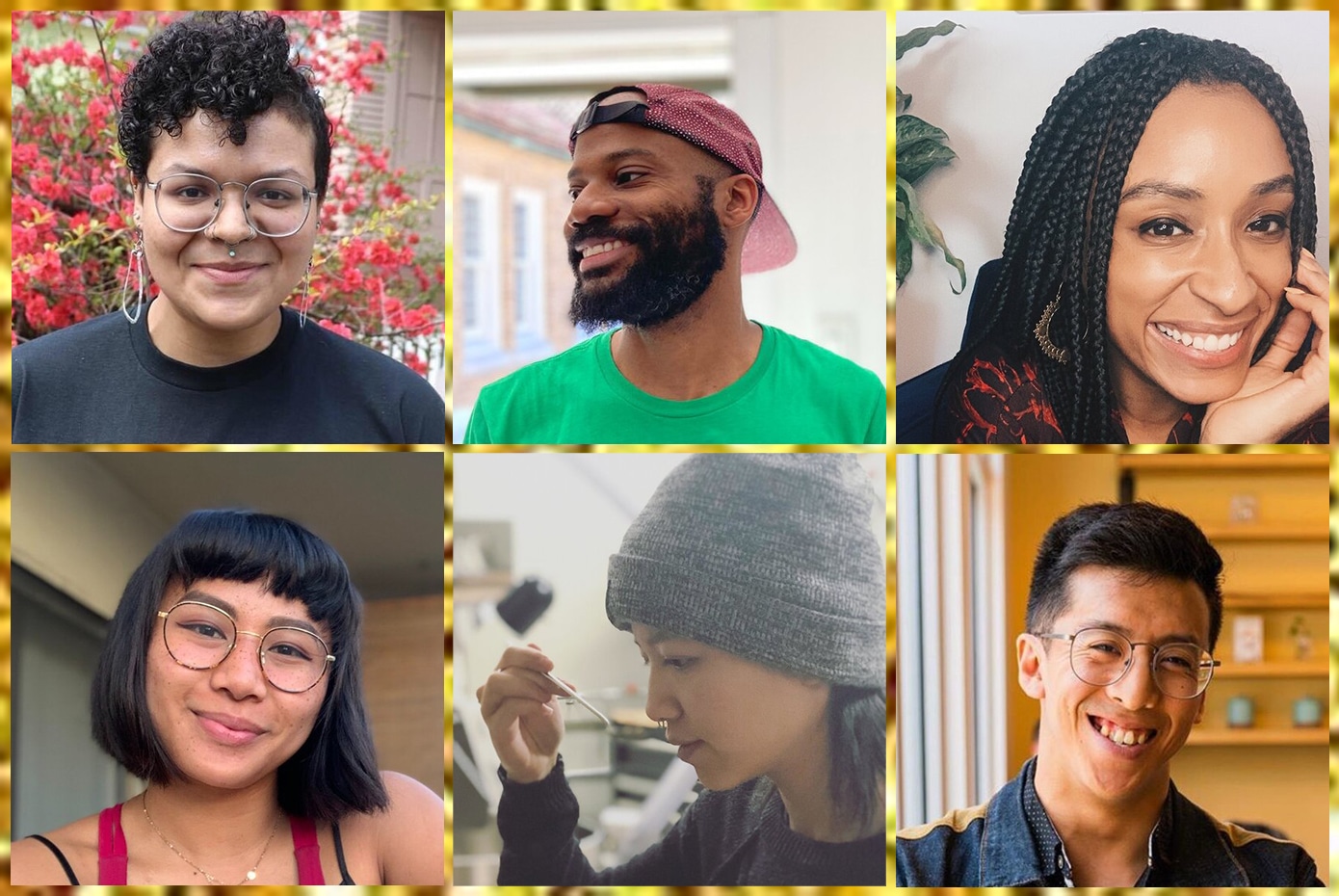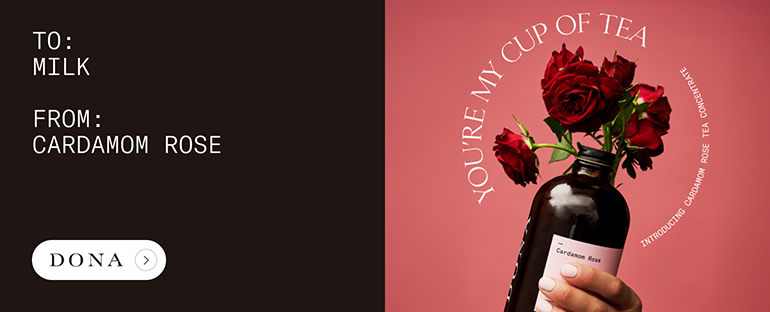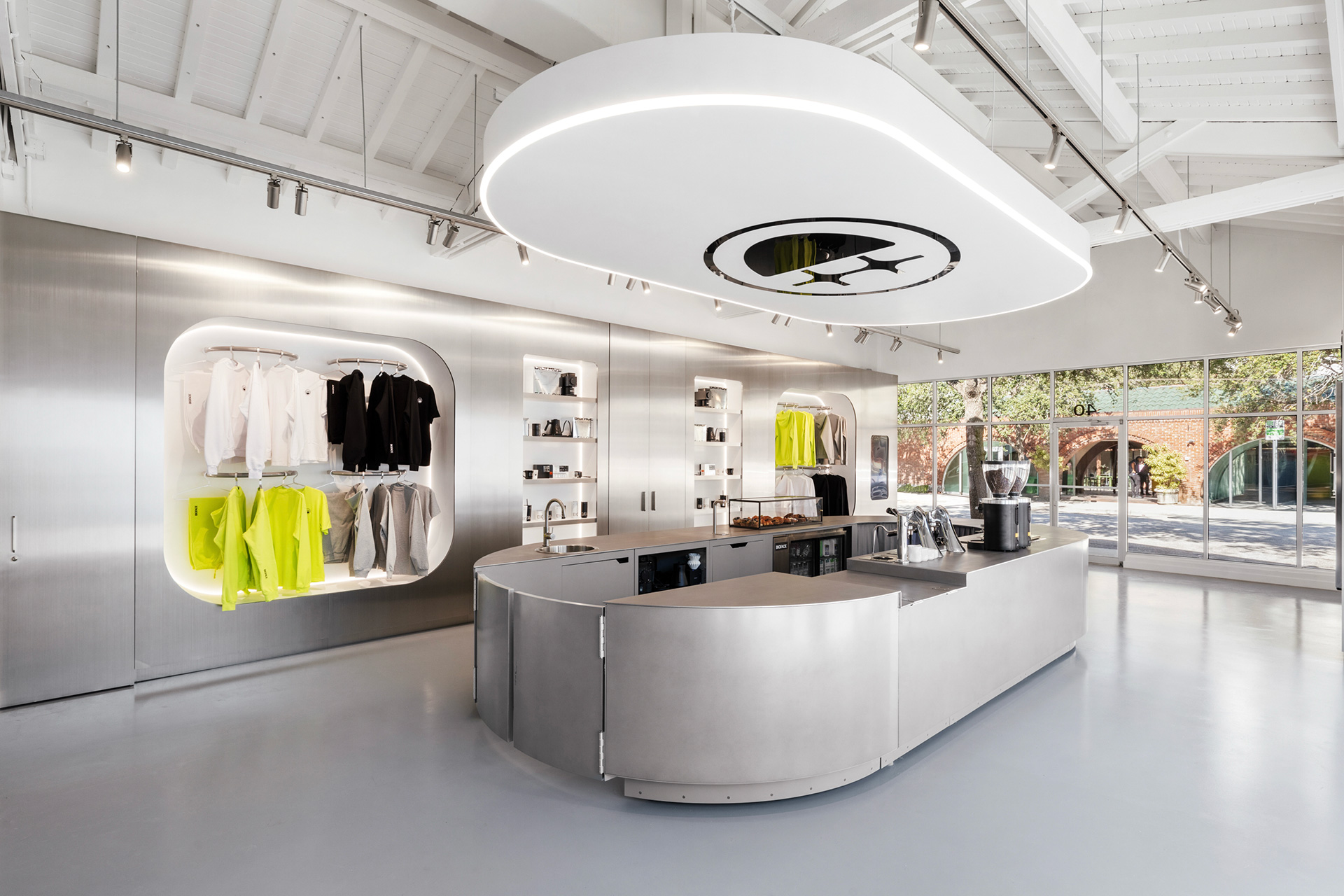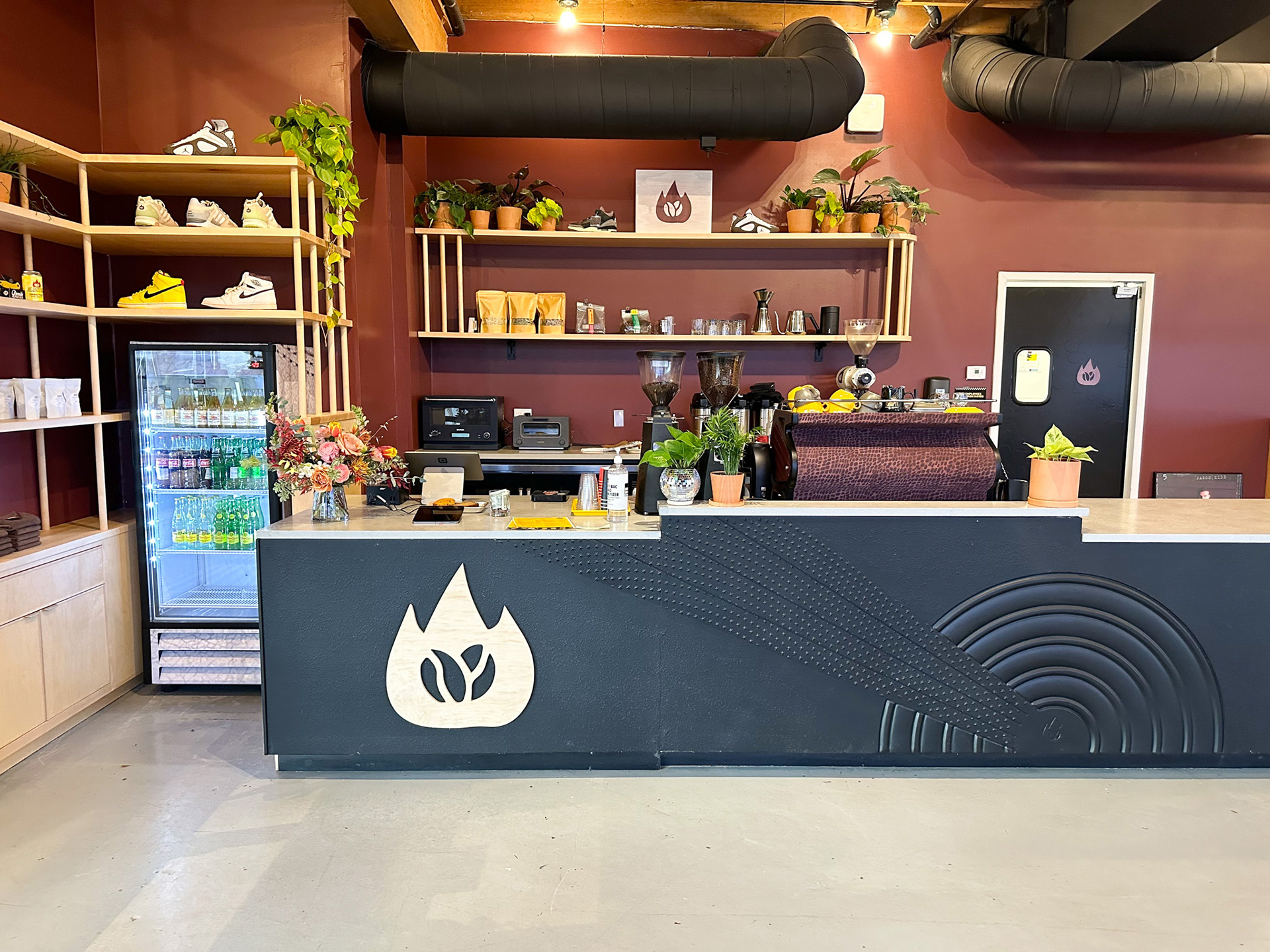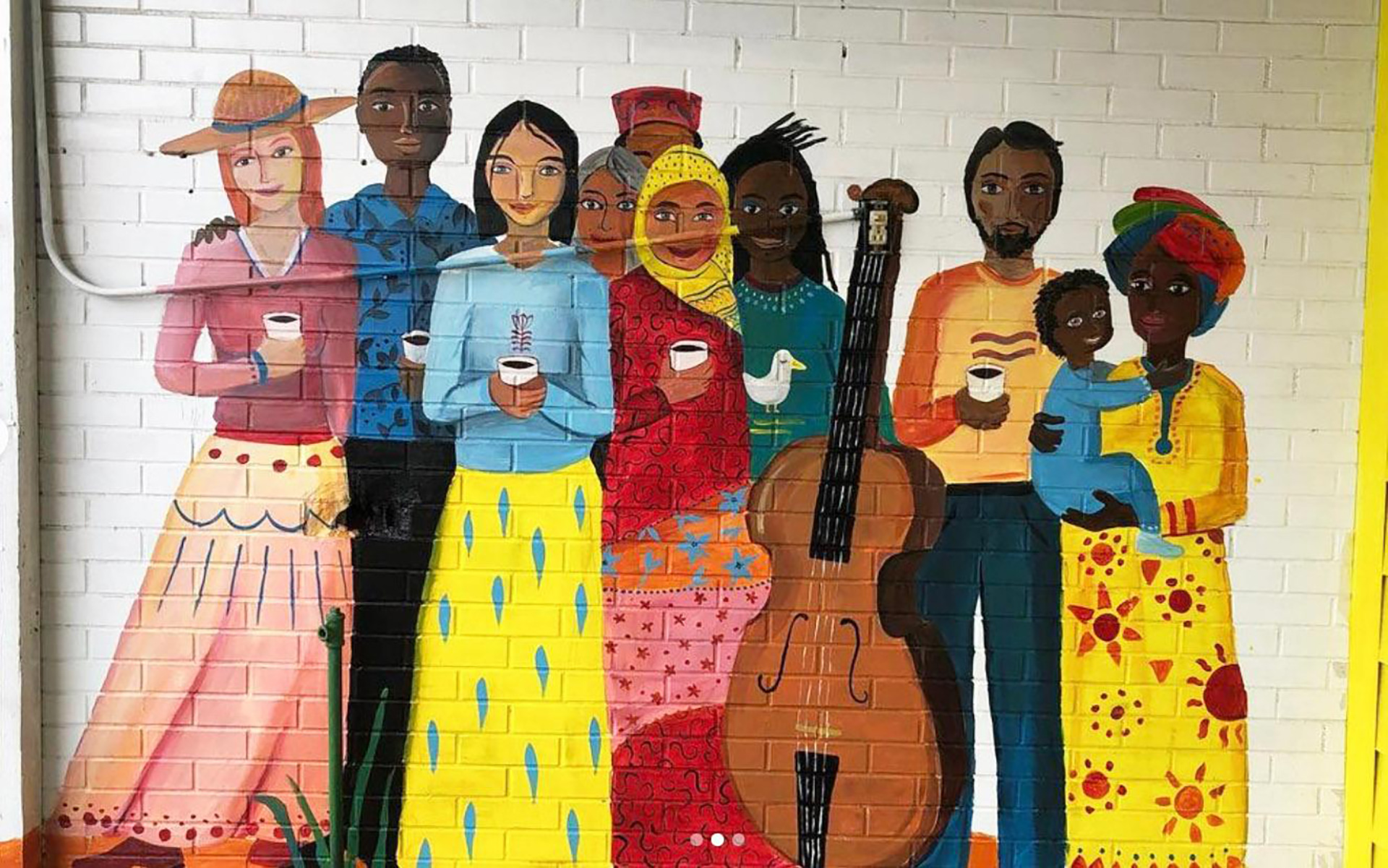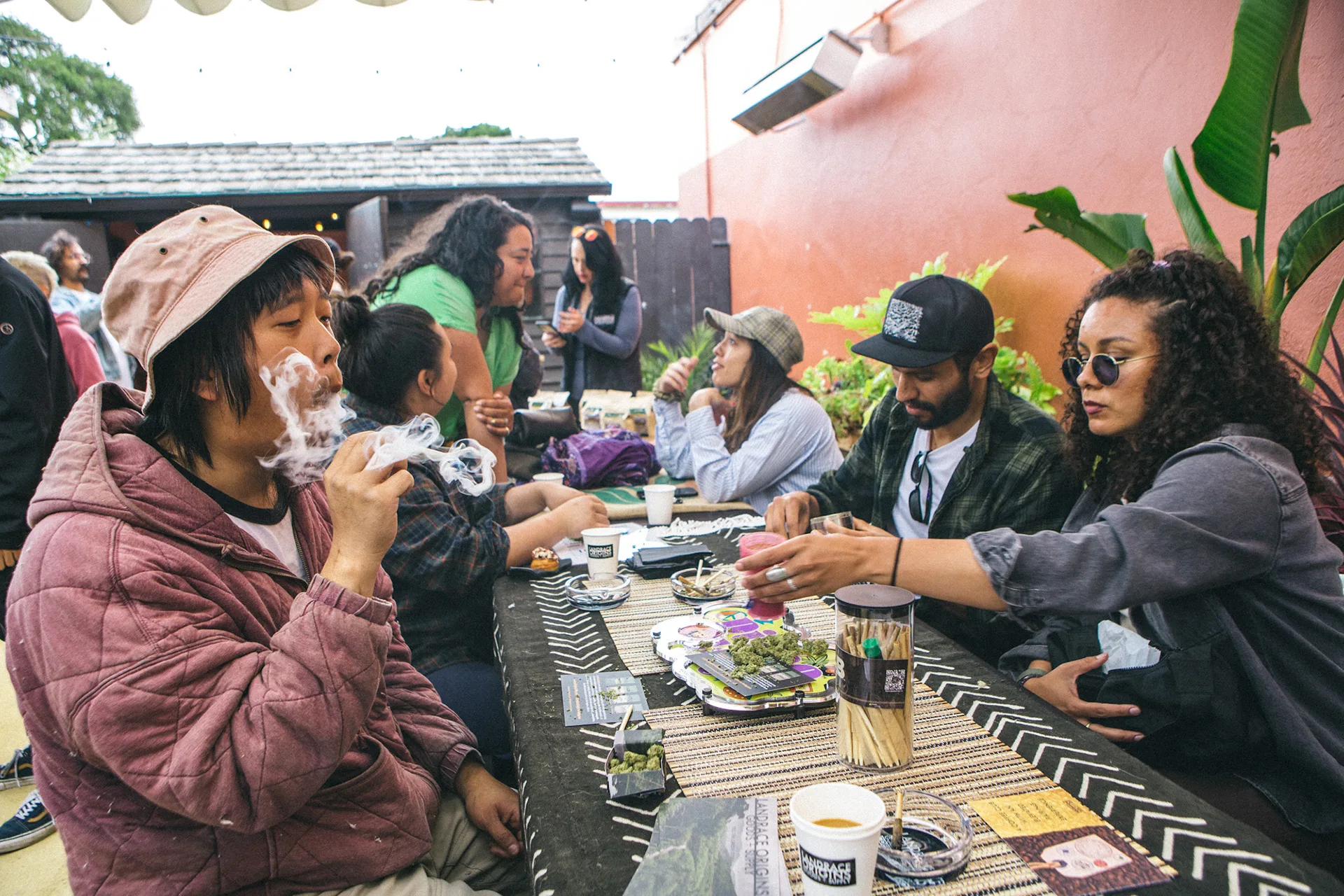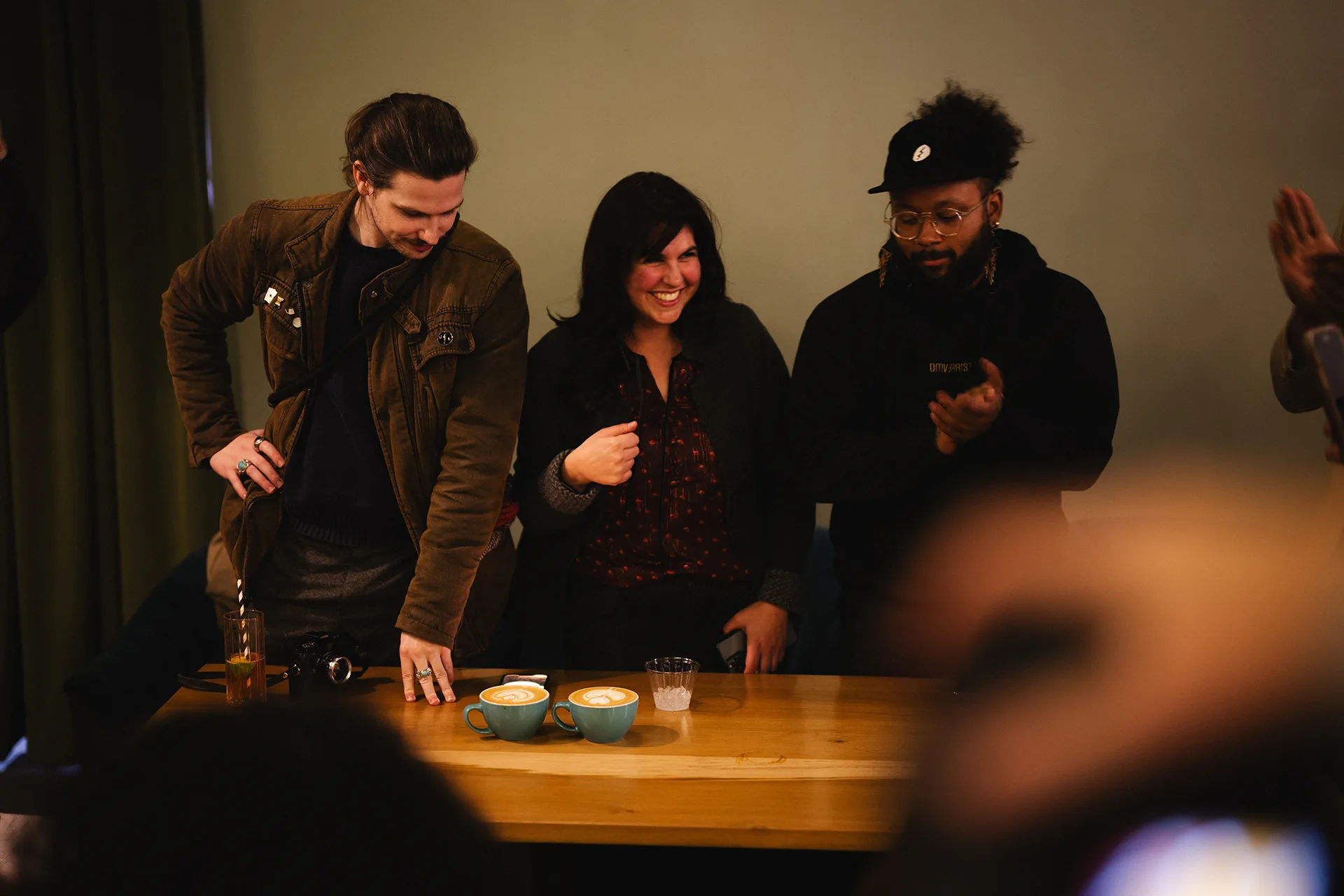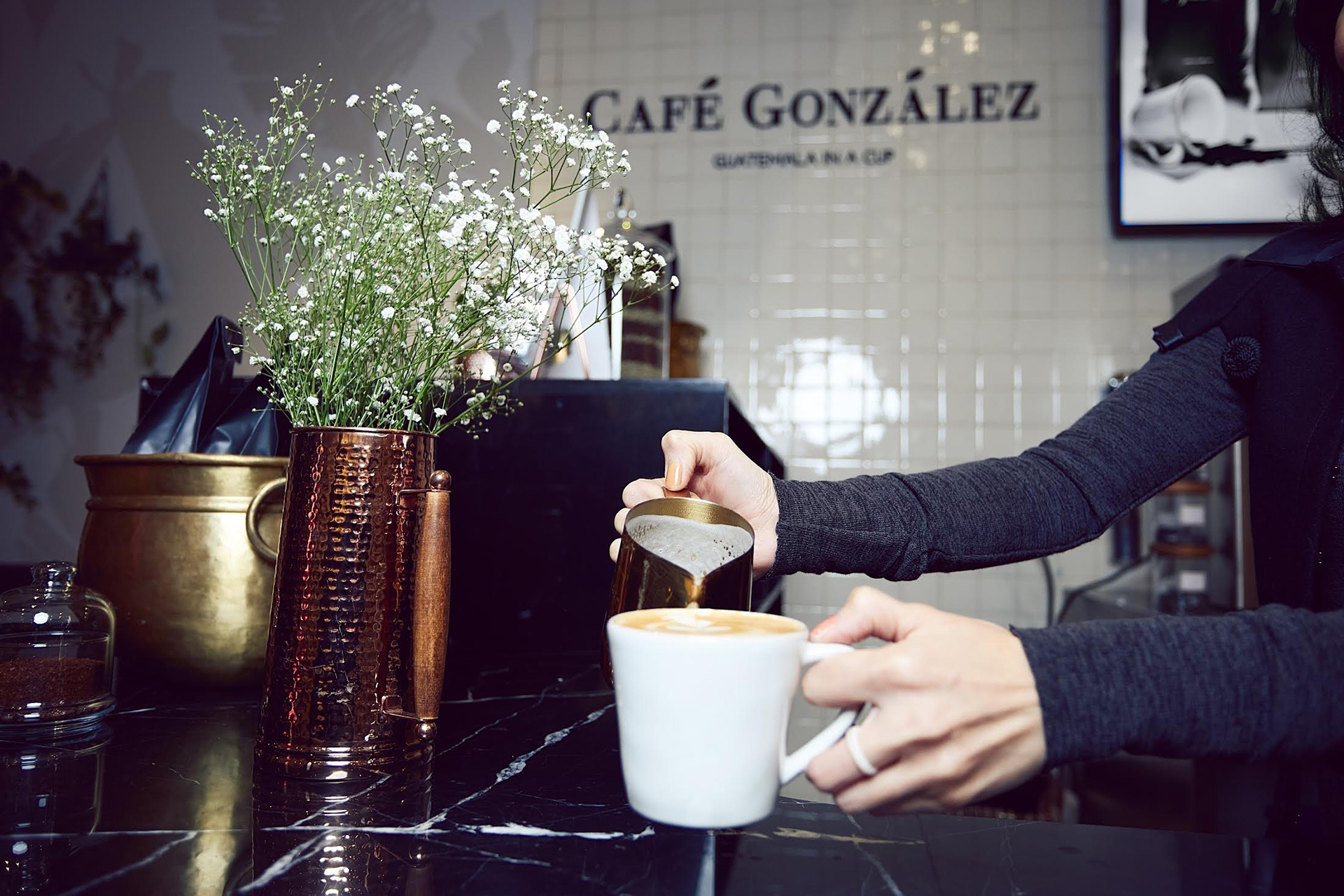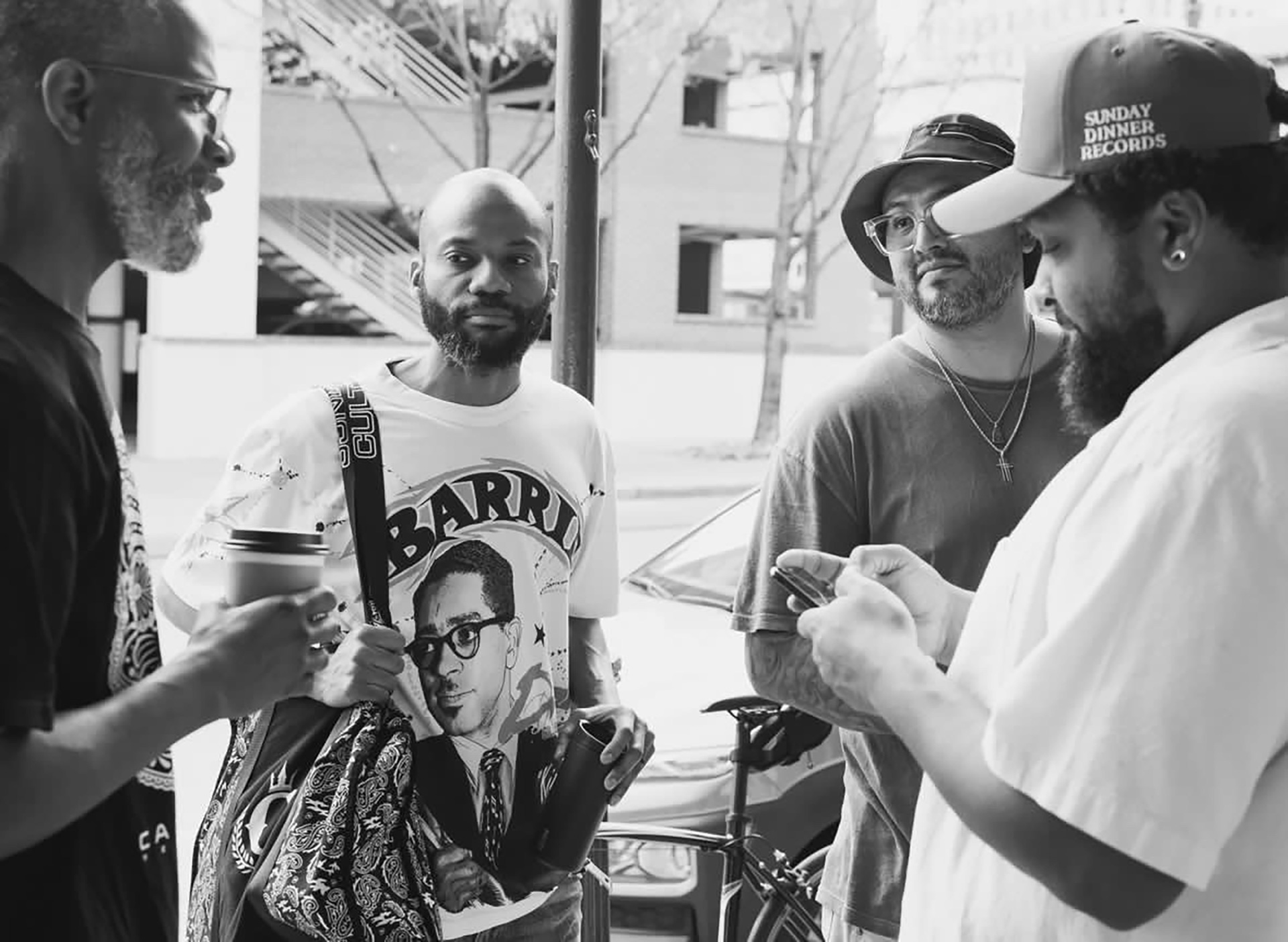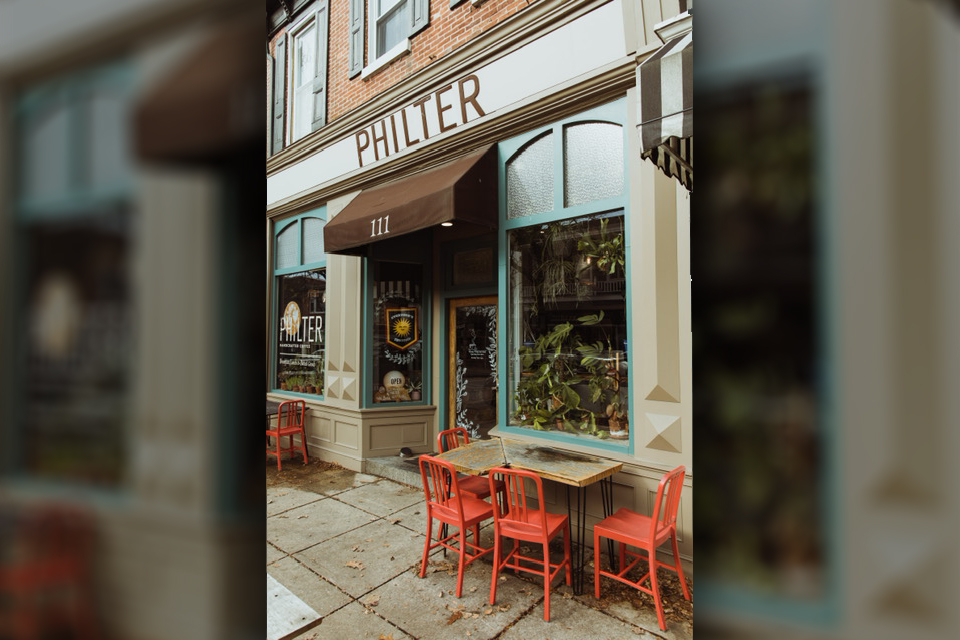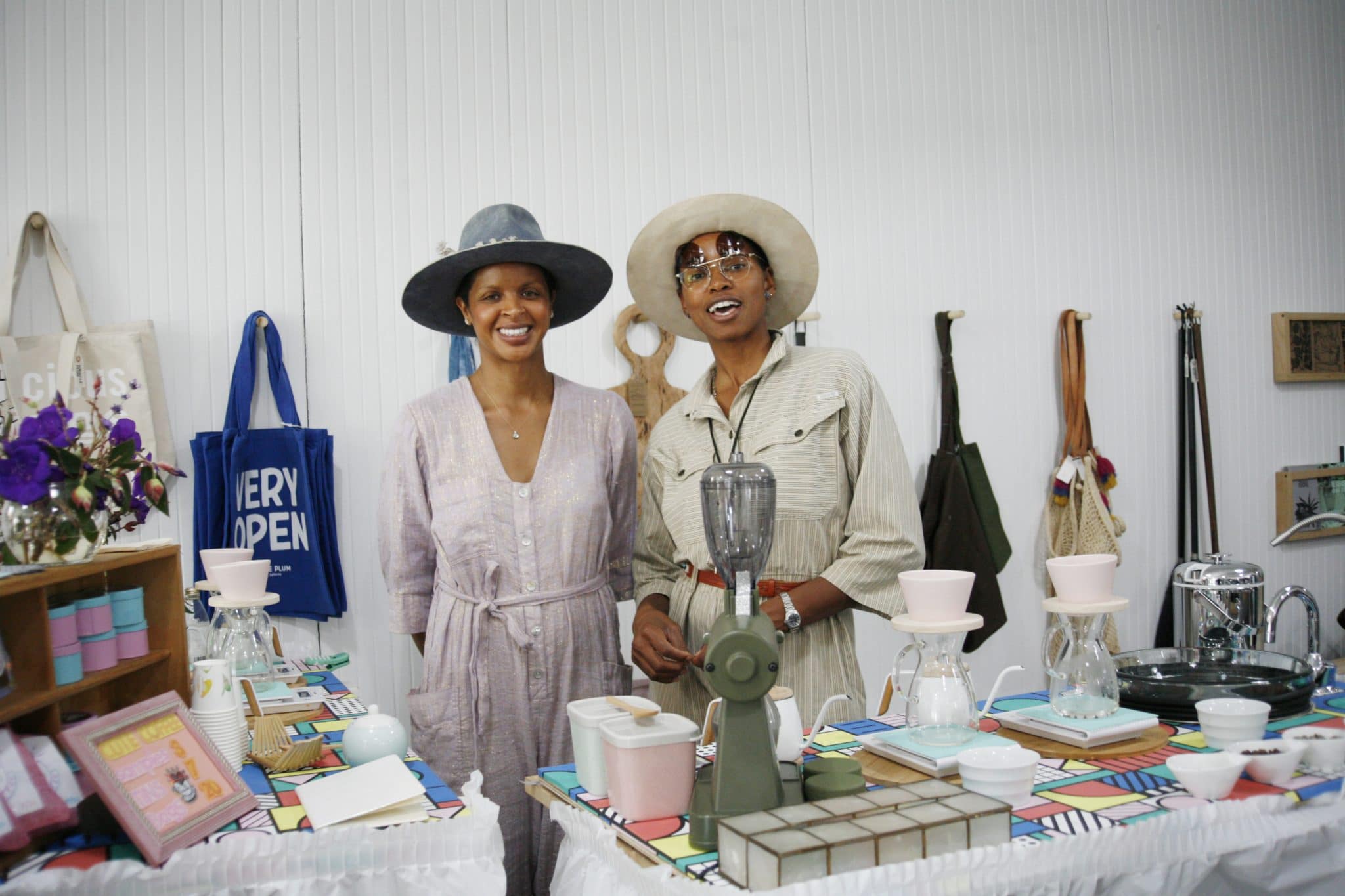
I first reached out to Bianka Alloyn Brunson and Sabreen Naimah Wilkes of Oakland’s Cute Coffee a world ago, in December of 2019.
It was their aesthetic that drew me in. Playful pastels, hearts and squiggles, and shimmering holographic coffee bags. It gave me big 90s nostalgia, echoing Rugrats-era Klasky Csupo and Caboodles®. Cute’s design (by Brunson, who is a versatile artist) also surprised me in its contrast to the Bay Area coffee I know, which is often monochromatic, steely industrial, or minimalist in stark white.
I made plans to visit Brunson and Wilkes in Oakland, a vision that went the way of most expectations for 2020. In the odd months that followed, Cute evolved. In the winter their branding got even shinier, and in the spring they began to release very small-batch single origins alongside detailed farmer stories. In June, I bought some of their Honduran “Cute Catracha” for my Dad for Father’s Day. We sat on his porch in Forestville, an hour north of Cute, and fell into the coffee’s gentle beauty.
When I finally caught up with the duo in late 2020 they greeted me like old friends. I asked them about their evolution since launching in October of last year.

“I’ve been two-stepping, I’ve been samba dancing the whole way down the finish line,” laughed Brunson on our call. “We’re just riding the wave.”
In contrast to the many coffee companies that had to pivot retail operations this year because of state-mandated lockdowns and social distancing requirements, Cute was already virtual and mobile, popping up in bars and boutiques around the Bay to serve and sell roasts dialed in at the Pulley Collective’s Oakland facility.
It’s turned out to be a boon. The roaster-owners have spent the majority of the year (virtually) widening their network of farms, retail accounts, and even goods: they’ll soon launch coffee-infused body products and recently began selling a coffee-spiked barbecue rub and sauce. In addition to honing their roasting style, Brunson and Wilkes say they’ve invested much of their energy into sourcing. Like direct-trade detectives they began by combing maps, researching farms, and cold-calling their way to relationships with a variety of producers around the world.
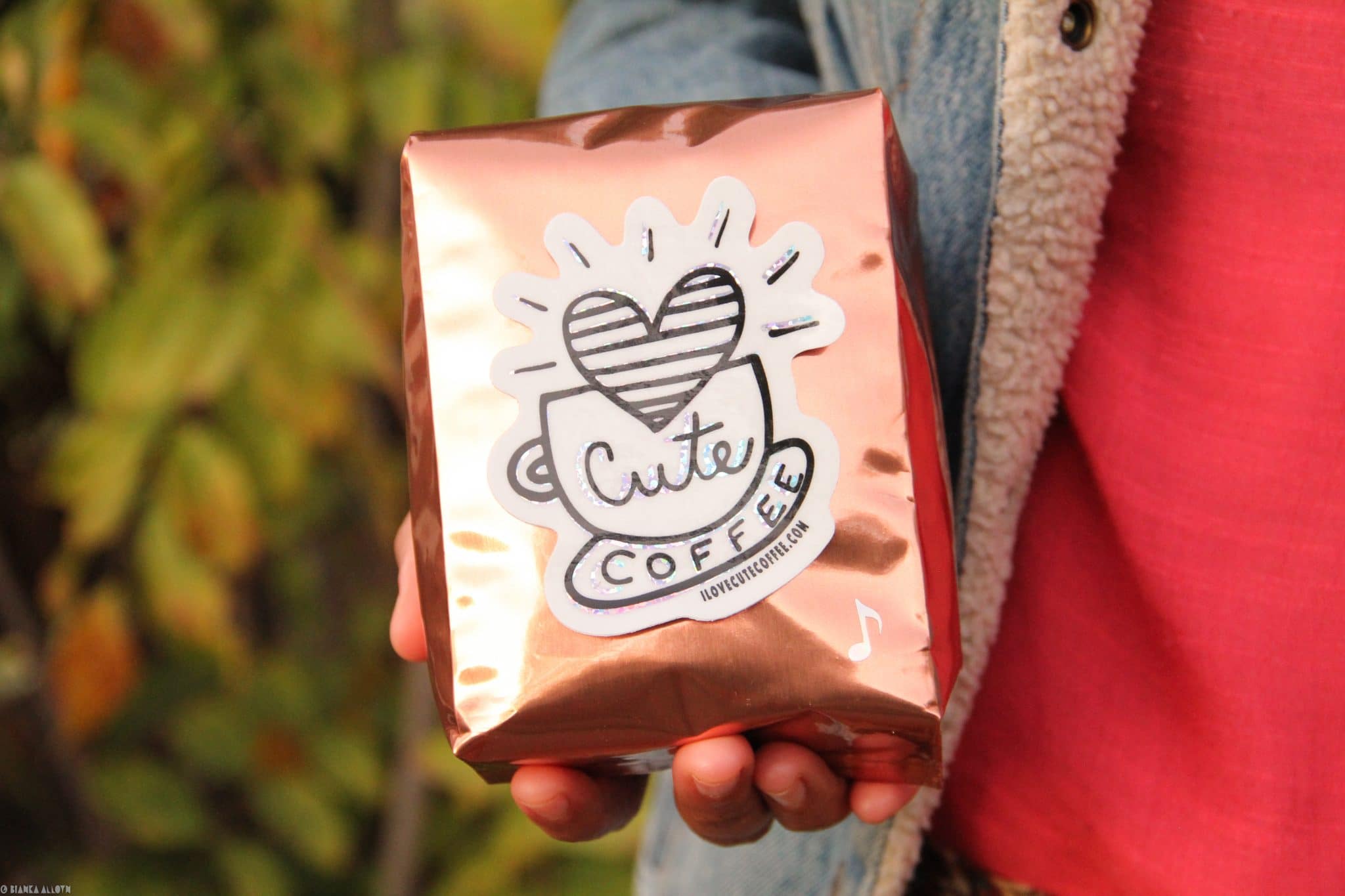
On top of the burdens of shipping and customs, direct sourcing can be costly in terms of effort exerted and price per bag, especially for a small roaster. Far from being deterred, Cute has been leaning into those challenges, spending hours on the phone and weeks emailing with each new farm, all while keeping their purchasing reasonable so that every bag can be carefully sorted for impurities and roasted to meet their “happy medium” profile.
Sourcing small has translated to selling out quickly, but each of Cute’s coffees stays on the company’s website, accompanied by detailed farmer stories and a carousel of photos of cultivation, processing, and jute bags stamped with Cute’s jaunty cup logo. Their extended efforts to celebrate each coffee’s trajectory, and the hands behind it, reinforce a standard that Brunson and Wilkes adhere strictly to: intention.
“We want to build real friendships with our producers,” they explain. They call what they do Friendship Coffee.
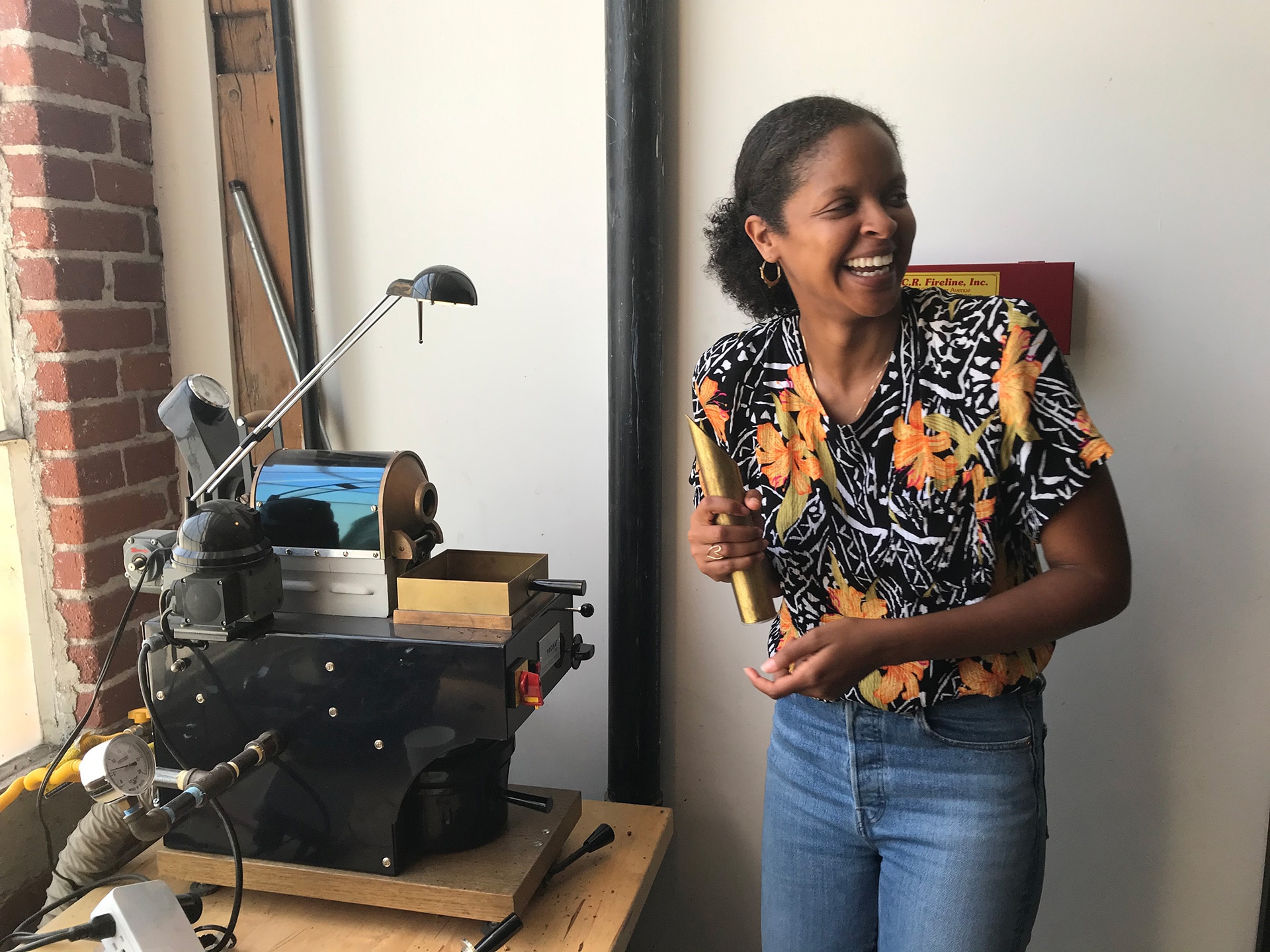
Cute’s first roast, launched from Brunson and Wilkes’ self-built coffee cart in October 2019 at a pop-up at Miracle Plum in Santa Rosa, was sourced in partnership with Mayra Orellana-Powell of Catracha Coffee and roasted at Pulley by veteran roaster Jen Apodaca of Mother Tongue Coffee. Orellana-Powell’s work has long-supported small farms and particularly female farmers in her native Honduras, and Apodaca’s prowess is award-winning.
“We want to do our best to be a part of something where you’re not operating within a system which doesn’t consider everyone involved,” says Brunson, who has worked in coffee for more than sixteen years. “This is part of decolonizing coffee.”
The kind of human connection Cute has rallied around is a natural progression of the Third Wave movement. Creating community has never been easier on a global scale, and bringing farmers into the limelight creates opportunity and acknowledgement for those who have historically been disenfranchised, undercompensated, and made invisible through the supply chain. Even as Brunson and Wilkes express delight at their burgeoning network of fincas, they understand that it’s rare.
“Farmers have said to us that coffee should have never been commoditized,” Bunson writes. “They are looking for more people to work directly with them.”
The same ethos of quality over quantity and a celebration of identity extends to Cute’s local partnerships. They both continue to envision a business that is people-centric and easy to transport, eschewing the idea of putting down brick-and-mortar roots. Their coffees are highlighted instead through temporary and semi-permanent pop-ups and pour-over bars across the Bay, and by a curated list of stockists from Oakland to Oklahoma.
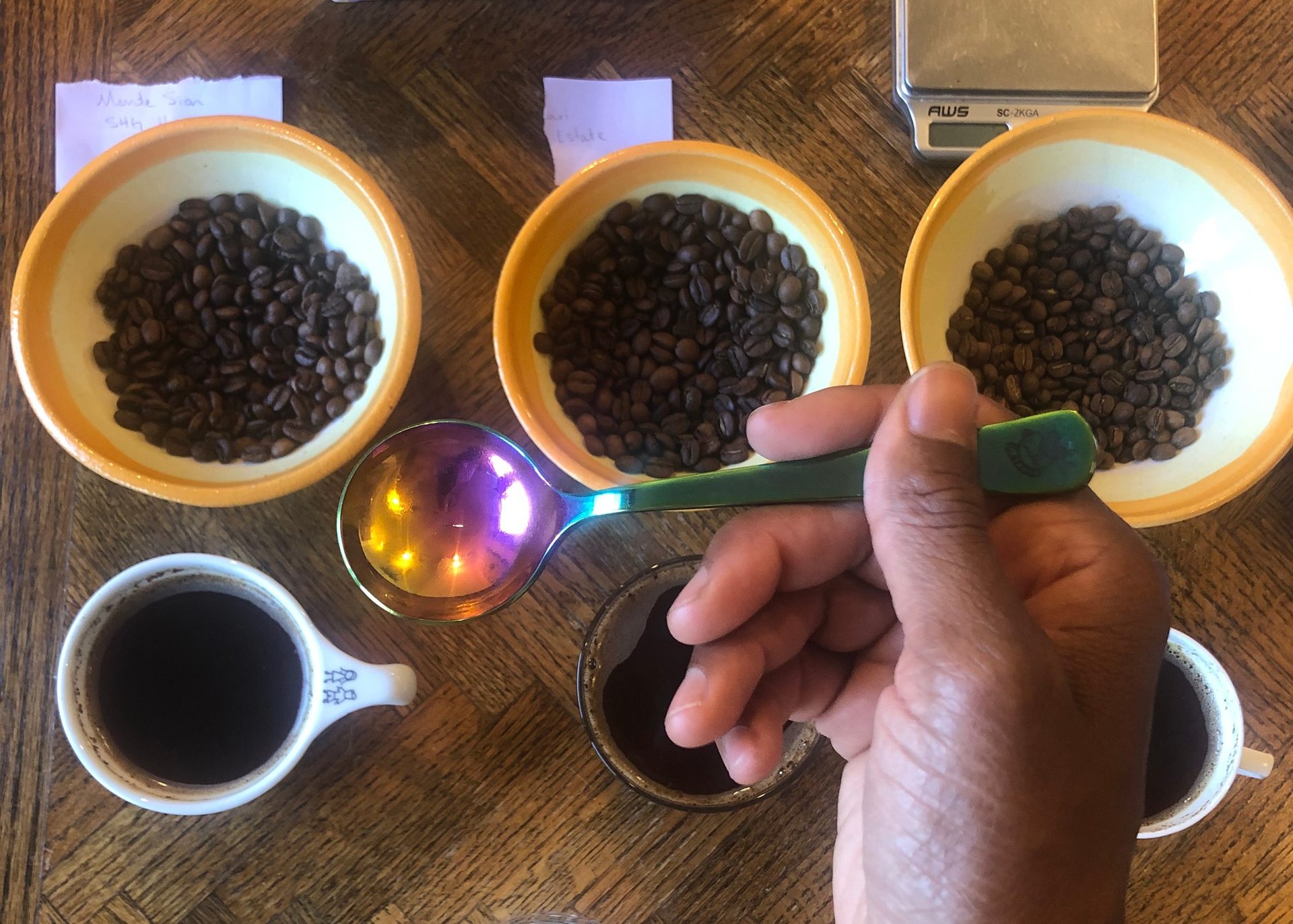
This model allows them to invest the majority of their time into relationships, flavor, and working creatively: the art of appreciation that defines their day-to-day. To that end they’re also seeking to revive the coffee and art collective they co-founded in Los Angeles in 2016, called Sunnyside Up. Open for classes, coffee, and workshops, Sunnyside was integral to the formation of Cute Coffee, named after their mantra of “keeping it cute” and sharing initials with an online talk-show the two hosted at the beginning of their friendship: Coffee and Conversations.
“We’re still all about keeping it Cute,” Brunson says, reiterating what she and Wilkes have been saying since they first met at Menotti’s Coffee Stop in Venice, California, Brunson the barista, Wilkes the customer.
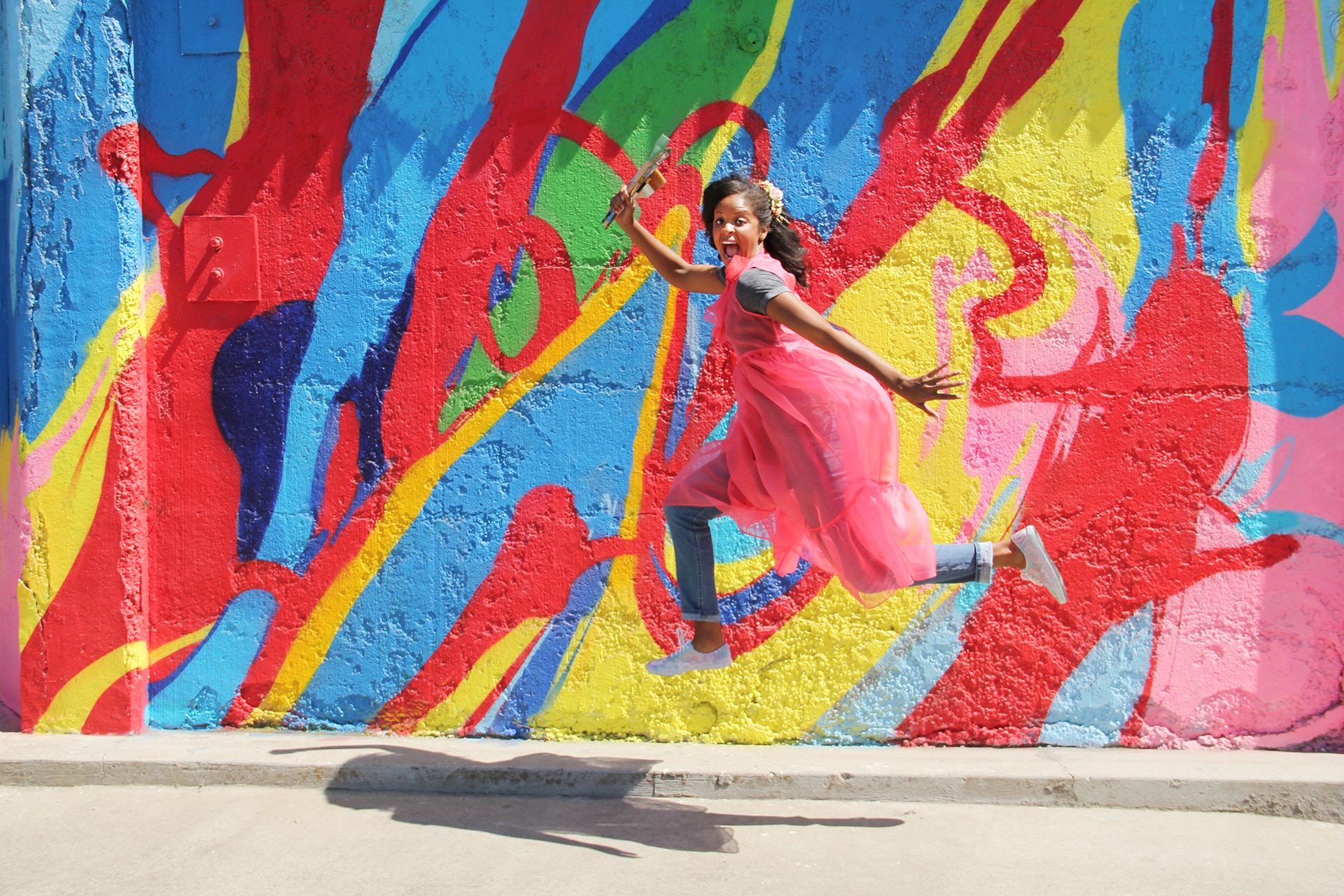
It means they dance while they roast (they sent me a playlist recently), make art, and talk seriously about the importance of gut feelings. But above all it’s an insistence that intention and heart are their greatest resource. Both assets have led them to unique success during uncertain times. If coffee’s Third Wave is arguably rooted in quality and conscience, its fourth might look something like this.
Regan Crisp is a freelance journalist based in Portland, Oregon. This is Regan Crisp’s first feature for Sprudge.
Photos courtesy of Cute Coffee.









